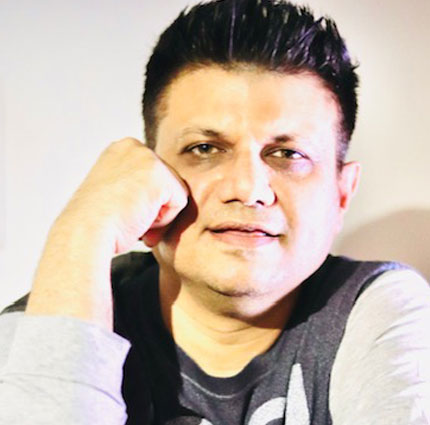Table of Contents
Only those who dare to fail greatly, can ever achieve greatly.Therefore, if you are willing to learn from your failure, then no decision is a failure.
Failure is very real, but it is not an end destination — it’s another event in the course of life. Experiencing one failure or 100 does not make you a failure, Says Renowned Business Astrologer Hirav Shah.
Failure is an external event that happens. It is not a personality characteristic. One who fails a lot, indeed, takes a lot of risks. It’s important to separate the events of failure from the personal characteristic of being a failure, Adds Hirav Shah.
Description:
Nobody likes to fail. Failure can be embarrassing, humiliating and emotionally upsetting, so it’s no wonder that many are naturally inclined to avoid the risk. Unfortunately, the fear of failure can also be paralyzing, but remember without failure you can never be able to make progress…Opines World Famous Astro-Business Strategist, Hirav Shah.
Failure is an opportunity to learn. When we confuse our personal sense of self-value with success, we are restricting our ability to learn because our ego becomes another factor in this equation. Our ego tells us we succeeded because we’re so smart and so great, or that we failed because we are a loser and can’t win at anything.
This clouds the analytical process of simply looking at the results of a situation and asking ourselves, “What happened?”
These are the key things which you should do and keep in mind, to learn and grow from failures.
What’s the worst case scenario
Ask yourself, “What’s the worst that can happen?” Unless you’re a surgeon, most decisions you make during the course of your day aren’t a matter of life and death. Don’t lose perspective. If your well-thought-out decision doesn’t work, the consequences are rarely as damaging as you might fear.
Delaying, Not Allowed
Delaying your decision won’t make it easier. In fact, quite the opposite can happen. When you procrastinate over making a decision, anxiety builds. And before you know it, a relatively insignificant decision may—in your own mind—take on monumental importance.
Don’t Stay Static
Do something. It’s better to make a decision and change it than to make no decision at all. If you stay static, the environment will change around you, and you’ll become obsolete. In life, if you become paralyzed by the fear of failure, you’ll be left behind.
The very word—failure
sounds so heavy. Instead, people should be encouraged to think of it this way: If a decision you make turns out to be the wrong one, you didn’t fail; you just didn’t make the best decision. Pat yourself on the back for taking a risk, and learn from it. Nobody’s perfect. In most cases, getting it right 80 percent of the time is good enough—and it’s certainly better than taking no action at all.
In The Corporate Culture
Those organizations become exceptional, that go beyond detecting and analyzing failures and try to generate intelligent ones for the express purpose of learning and innovating. It’s not that managers in these organizations enjoy failure. But they recognize it as a necessary by-product of experimentation.
They also realize that they don’t have to do dramatic experiments with large budgets. Often a small pilot, a dry run of a new technique, or a simulation will suffice.
The courage to confront your own imperfections is crucial to solving the apparent contradiction of wanting neither to discourage the reporting of problems nor to create an environment in which anything goes. This means that managers must ask employees to be brave and speak up—and must not respond by expressing anger or strong disapproval of what may at first appear to be incompetence.
Savvy managers understand the risks of unbridled toughness. They know that their ability to find out about and help resolve problems depends on their ability to learn about them. But most managers are far more sensitive to a different risk—that an understanding response to failures will simply create a lax work environment in which mistakes multiply.
This common worry should be replaced by a new paradigm—one that recognizes the inevitability of failure in today’s complex work organizations. Those that catch, correct, and learn from failure before others do will succeed. Those that wallow in the blame game will not- Avers Astro-Strategist & Business Guru Hirav Shah.
Final Thoughts
Failure is one of life’s greatest enablers.Think about it. If you never failed at anything, you would never be forced to take action to course-correct or try new ways to seize opportunities previously unseen.
In the end, it’s what you do with failure that defines your character.
For example, do you admit defeat – or do you find a creative way to mask reality? Do you ask yourself what you learned during the process of failing – or do you hold someone else accountable and / or blame the circumstances you were faced with to deflect criticism of the failed outcome?
Some of the greatest leaders in history failed at one time or another, a list that includes Thomas Edison, Bill Gates, Walt Disney, and many others. Their ability to hold themselves accountable enabled them to persevere, become better leaders and build their legacies.
There’s no such thing as failure, there’s only feedback, and it’s what you do with that feedback that will ultimately determine how successful you will be.
Never say, ” Oh I failed.”
Rather say, ” No I learnt.”
If you are willing to learn, then no decision is a failure- Concludes Hirav Shah.




























